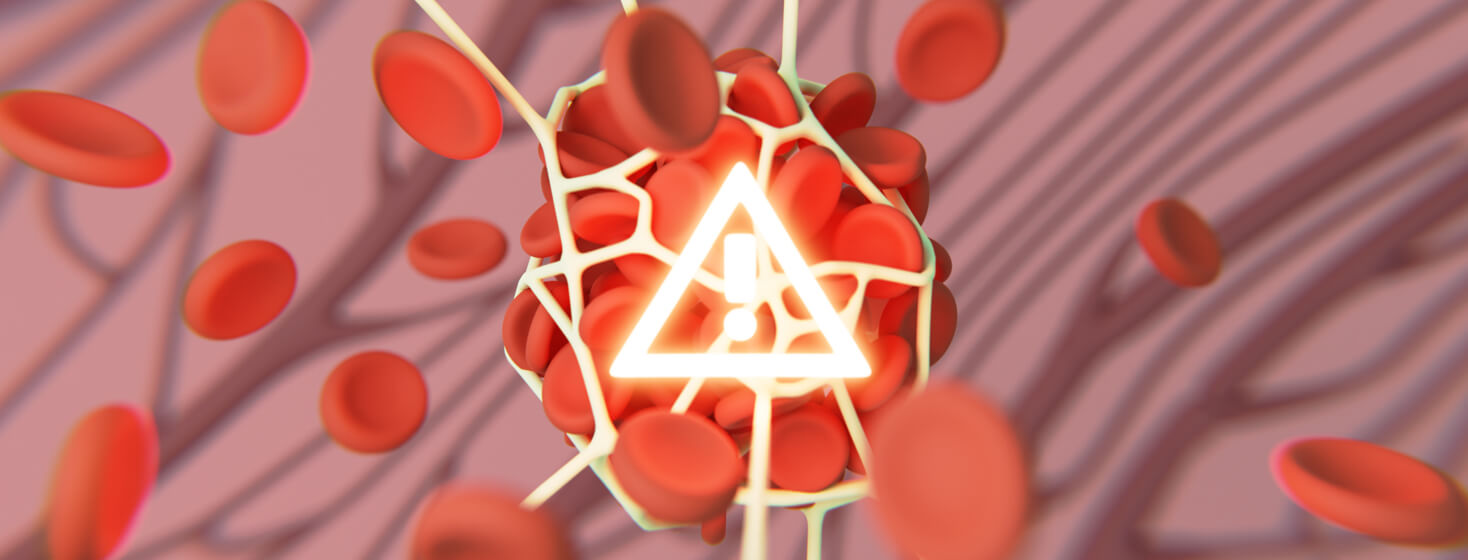My Blood Clot, Thanks to Ulcerative Colitis
In 2021, I started to flare worse than any flare I’d had previous to this. My body was not responding to my mesalamine at all and a strong course of prednisone did not do anything either. In the middle of this, my right foot and leg started to hurt terribly, but I figured it was just plantar fasciitis. After all, that type of musculoskeletal manifestation can be associated with ulcerative colitis. I didn't yet realize I was dealing with a blood clot.
Featured Forum
View all responsesWhat was causing the blood clot?
Then, though, my leg swelled up and I could barely walk across my apartment. I knew that at this point something was wrong. When I contacted my doctor, he told me to go to the emergency room immediately – because he suspected this could be a blood clot, which could be a side effect of the many medications I was on at the time, including mesalamine, a biologic, and prednisone. The doctor likely saved my life, as I was diagnosed with a blood clot in my leg, which could've become something worse.
Thankfully, this clot was caught in time so my treatment was relatively simple. I was given blood thinners in the hospital and then was told to continue these for 3-6 months while following up with a hematologist. The only negative to the blood thinners was the possibility that my rectal bleeding might also increase. Luckily, if it did increase, it was not by a noticeable amount.
When I met with the hematologist, we discussed the possible causes of my blood clot. She explained that I did have some risk factors. One was that I had been on oral birth control for about a decade (although she also said that blood clots due to the pill usually happen in the first year of taking the contraceptive) and that we’d gone on a long 10- or 11-hour drive. Although she also said that blood clots due to driving are less common than those due to flying.
Ulcerative colitis flares are risk factors
The third risk factor, and perhaps the most important, was this severe flare I was in. Apparently, those with inflammatory bowel disease are at a higher risk for blood clots, especially when they are flaring.1
Of course, this doesn’t mean that everyone with IBD should automatically ask their doctor to be put on blood thinners. But what it might mean is that IBD patients could consider exercising care when it comes to other risk factors around blood clots. For example, those seeking contraception might stay away from oral birth control. Those going on long flights might consider wearing compression stockings. During surgery, IBD patients should discuss methods for reducing the risk of a clot with their doctors. Furthermore, if IBD patients experience any kind of symptoms of a blood clot or pulmonary embolism, they should seek assistance as soon as possible.
In my case, I may be on blood thinners for life. Because I’ve had one blood clot with ulcerative colitis, my doctors are worried I might have another one. With the blood thinners, I reduce my risk of a clot by a lot, and because they can be life-threatening as pulmonary embolisms, this is vital to me.
Most of all, I wished that someone had told me earlier to look out for clots, and I’m immensely grateful my experience was not fatal.

Join the conversation